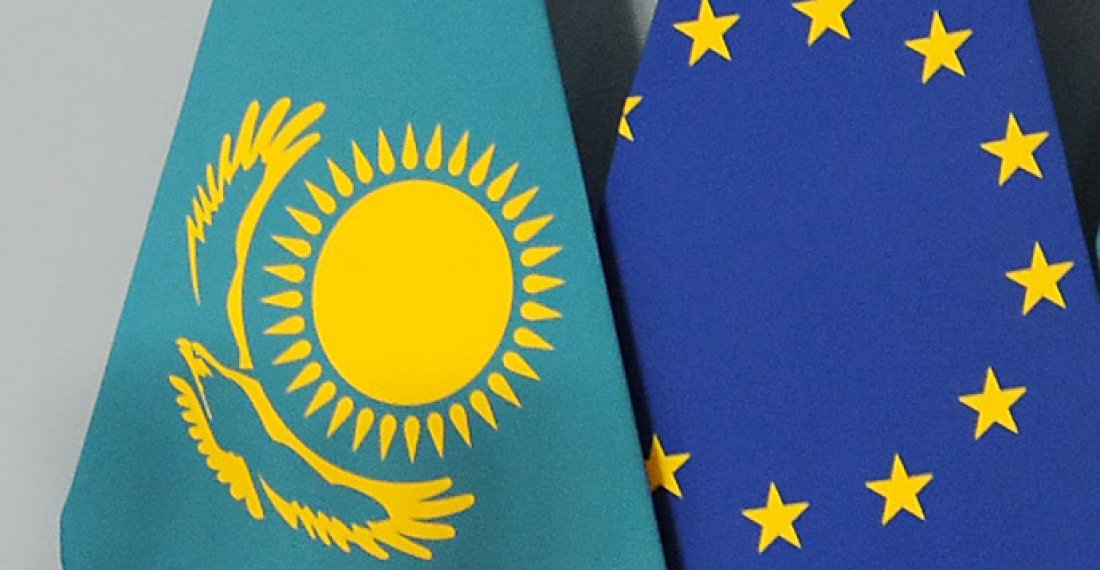The Kazakh capital of Almaty will be hosting the 2nd European Union-Central Asia Economic Forum next week on 18-19 May.
Building on the 1st EU-Central Asia Economic Forum that took place in Bishkek in 2021, next week's forum will "take stock of progress made so far and discuss ways forward on policy, programmes, and investment needed to develop a more integrated and interconnected regional market engagement".
"The Forum will allow to strengthen sustainable connectivity and promote regulatory approximation in the economic area between the EU and Central Asia countries, which is so vital for a better business environment and a safe investment climate," a statement from the EU Central Asia Invest Programme says.
The forum will focus on three priority areas: a green and digital transition, a better business environment, and trade and connectivity.
EU side chaired by Executive Vice President of the European Commission Valdis Dombrovskis
"The Forum will gather high-level government officials, the European Investment Bank, the European Bank for Reconstruction and Development, other bilateral and international financial institutions, representatives of the private sector and members of civil society. It is organised in partnership with the Organisation for Economic Co-operation and Development," the statement adds.
Executive Vice President of the European Commission Valdis Dombrovskis will chair the EU side at the forum. There will also be a "business event" on 18 May aimed at exchanging views with private sector representatives and facilitating business contacts between the EU and Central Asia", organised in partnership with the International Trade Centre.
Next week's forum follows the 4th EU-Central Asia civil society forum that took place in the Uzbek capital of Tashkent in March, about which you can read more here.
source: commonspace.eu with EU-CAI
photo: The Astana Times






